The Second International & Cry Against War
The Second International
- When the First International was formed, there did not exist well-organised socialist parties: there were only a few groups.
- However, after 1870 in almost every country in Europe socialist parties were formed.
- They participated in national elections & in some countries came to have fairly large representation in the parliament.
- Similarly, strength & membership of the trade unions also increased and there were many strikes.
- Thus, though the First International had been dissolved, the movement had become a mass movement.
- To unite the socialist parties in various countries into an international organisation, a Congress was held in Paris in 1889, the centenary of French Revolution of 1789 which resulted in the formation of the Second International.
- The period after the formation of the Second International saw a steady increase in the strength of the socialist parties and of trade unions.
- The socialist and workers’ movement had become a major force in almost every country of Europe.
Second international: achievements
- The most significant achievements of the Second International were its campaign against militarism & war.
- It emphasized on asserting the principle of the basic equality of all peoples and their right to freedom and national independence.
- The period from the last decade of the 19th century saw the growing militarization of every country in Europe.
It was a period when war seemed imminent, and every country was spending increasingly huge sums in preparing for it. Europe was getting divided into groups of warring blocs, with the struggle for colonies being the main cause of conflicts between them. The struggle against militarism & prevention of war became the major aims of the Second International and of the socialist parties affiliated to it.
- They expressed the conviction that capitalism was the root cause of war & resolved that wars could be ended only with the destruction of capitalism.
- They decided that the socialists should utilize the “economic and political crisis created by the war, to rouse the masses and thereby to hasten the downfall of capitalist rule”.
- The socialist movement had made the international solidarity of workers as a fundamental principle.
- When Russia and Japan were warring on each other, the leader of the Japanese socialist group & leader of the Russian socialists were made the joint presidents of Second International at its Congress in 1904.
- The socialists in many countries had resolved to call for a general strike to prevent their countries from participating in wars.
- They suffered at the hands of their governments who were preparing for war.
2nd International: cry against colonialism
- The Second International also condemned colonialism & committed the socialist parties to oppose robbery & subjugation of colonial peoples.
- The 1904 Congress was attended by Dadabhai Naoroji, who pleaded the cause of India’s freedom. He was supported by the British delegates at the Congress.
- The President asked Congress “to treat with the greatest reverence the statement of the Indian delegate, an old man of eighty, who had sacrificed fifty-five years of his life to the struggle for the freedom and happiness of his people”.
2nd International: Limitations
In spite of its many achievements & its growing strength, the Second International suffered from many weaknesses.
- While the socialist parties in many countries had become mass parties, basic differences had arisen among them.
- While some sections believed in the necessity of a revolution to overthrow capitalism, others began to believe that socialism could be achieved through gradual reforms.
- The latter were willing to support the existing governments in certain circumstances. Some sections in the socialist parties even favoured colonialism.
- On the question of war, while the attitude of the Second International was clear, many socialist parties had serious differences. Some of them thought that if they organised opposition to the war, they would be crushed.
- They were also not willing, as the Second International had recommended, to utilize the war, once it had broken out, to promote revolution. It was on the question of the war that the Second International suffered a fatal blow.
- When the First World War broke out, most of the socialist parties extended their support to their respective governments.
- This had serious consequences for the socialist movement.
- The Second International ceased to function and the socialist movement in every country was split.
- With the outbreak of the First World War, an important phase in the history of the socialist movement came to a close.
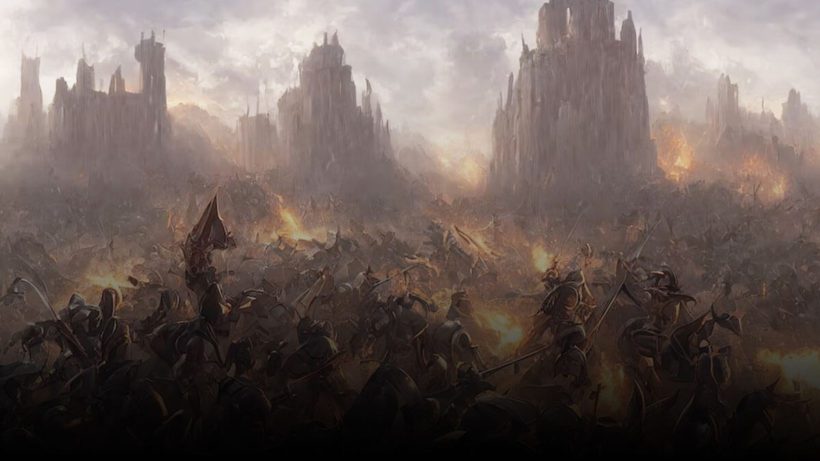

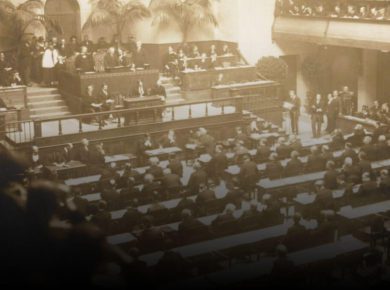

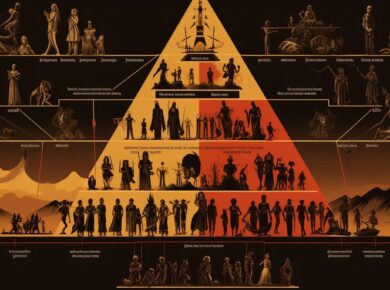
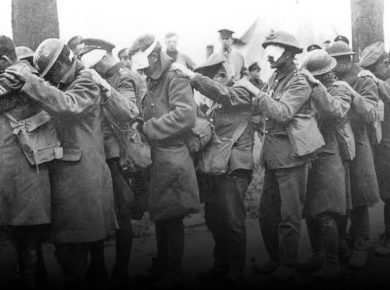
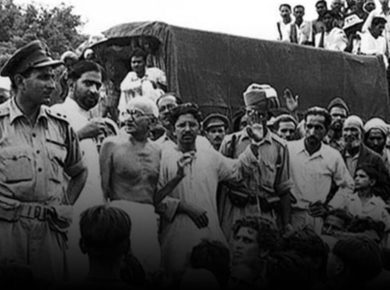
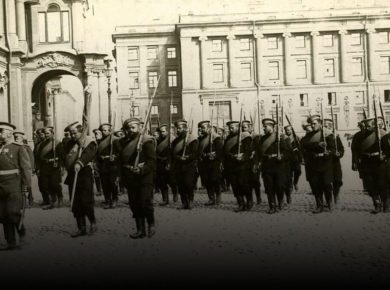
1 comment
thankyou very much to share the knowledge.